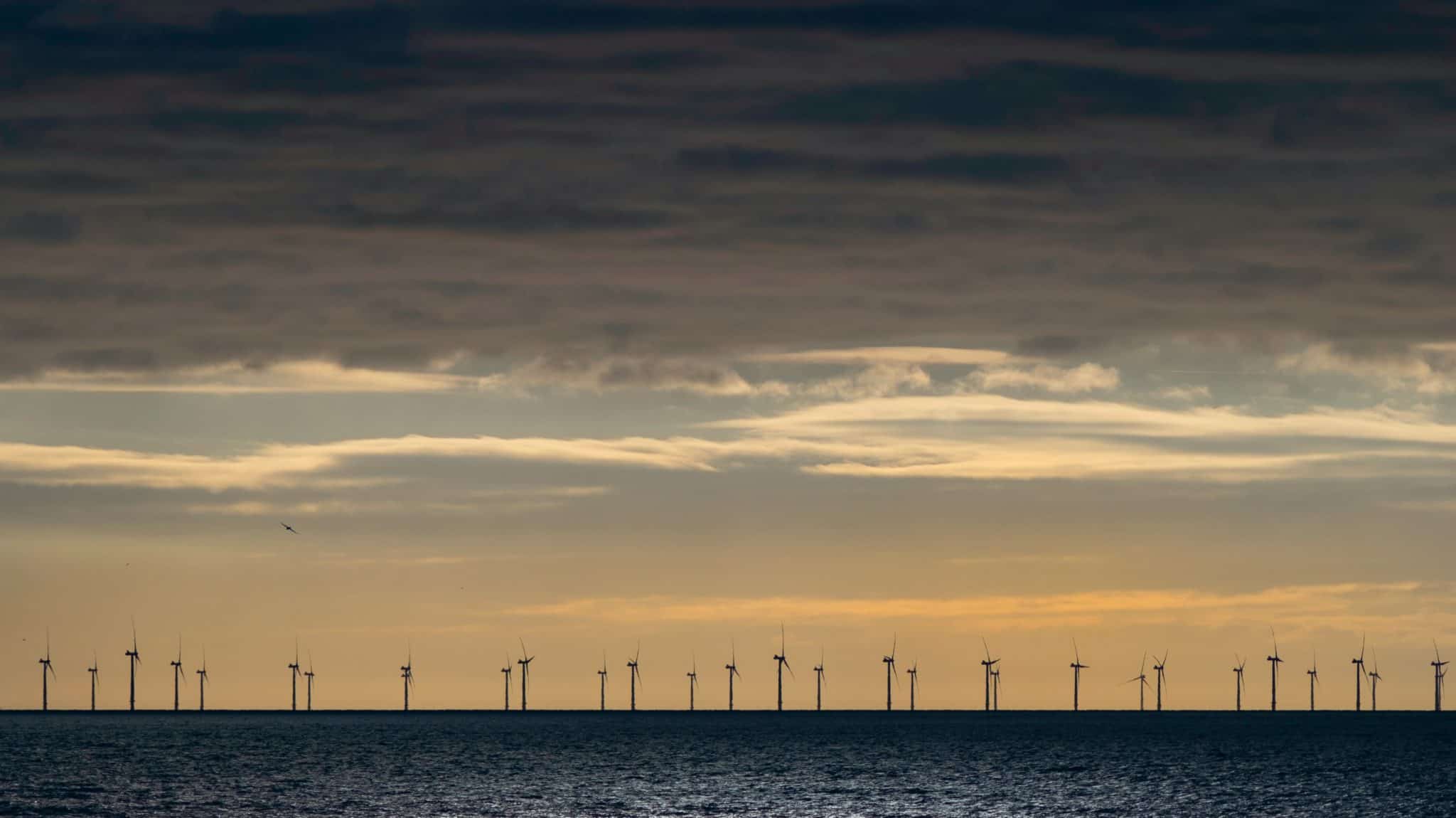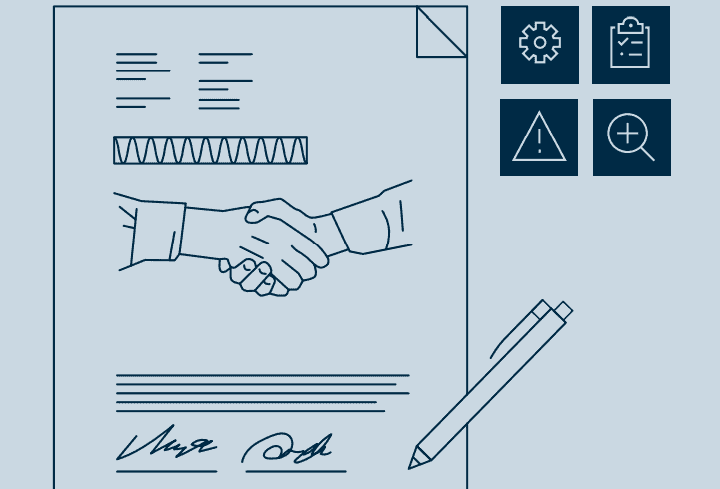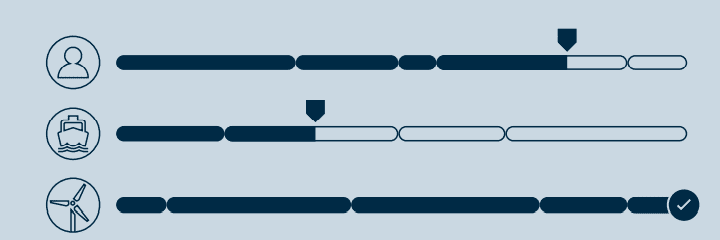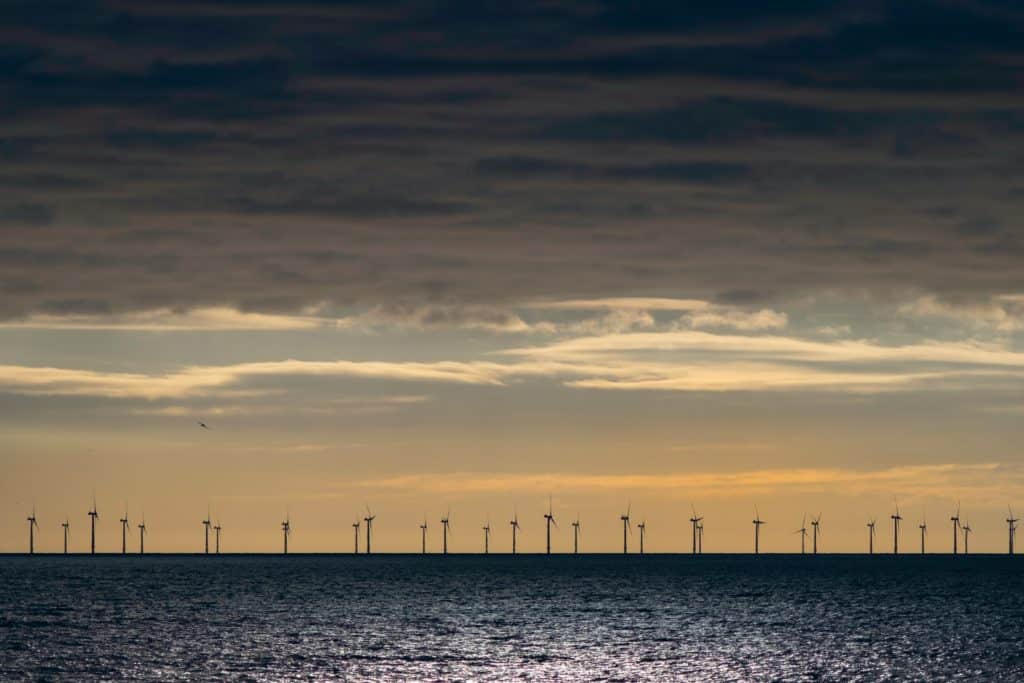
The following modules are on the offshore product roadmap for the Sennen system in 2022.

We are always innovating and improving our core system as the technology platform that powers any Sennen deployment. Multiple updates are planned for 2022, some of which are highlighted below.
Dashboards framework
We will continue to invest in our state-of-the-art dashboard framework. A dynamic documentation system is planned, allowing for quick searching, tutorials, component properties and examples to be easily located, viewed and updated. New dashboard components are continually being added and near future updates include “card views”, gauges and improved data grids.
Locale
In the past year, we have found that our clients are increasingly using Sennen in different locations across the world. In 2022, we plan to update the system with local languages, currencies and time zones, as part of the journey towards delivering a truly global product.
After experiencing a busy summer with extra vessels, locations and personnel on clients’ projects making for an unwieldy dashboard, we are making improvements to Live Manifest – our marine coordination module. We will be improving the layout for practicality and visual accessibility, as well as updating notifications for transfer of control, speed and buttons, among other things.
This module is primarily being designed to facilitate online inductions and assessments for technicians visiting individual sites, saving the need to carry out on-site inductions in person.
Different people in multiple roles will interact with this module, but the main two are:
Anyone in the LMS Administrator role will be able to create and manage courses on the platform, defining their content (eg. video, image or PDF) and assessment criteria. It is expected that there will be minimal users in this role. The part of the system they will access is the LMS Course Admin section. LMS Participants will be anyone following an online course, viewing the content and taking the assessment. This will include the majority of site technicians. The system will email an induction invite to the technician. An induction video will be shown, followed by a configurable multiple choice question test.
If the technician passes (with a higher than a threshold percentage of questions correct), an induction record will be automatically added to their qualification profile. After the induction they will be presented with their own profile page, prompting them to update their details and upload any relevant certifications. Multiple inductions will be configurable (e.g., site specific or different levels) and linked to the relevant qualification type. Questions are specific to the induction type and can be customised via an editor. Each induction can have a configurable pass rate. On completion, a notification will be posted to the relevant message centre channel.
Permit to Work will extend the existing Wind Turbine Safety Rules system to facilitate granting of those permits to work not currently covered, including high voltage safety rules.
Permit to work key features:

The Sennen system currently features a configurable location hierarchy, with all assets being placed in this hierarchy (eg. =Windfarm=Turbine=Main Component).
We will introduce an updated module to allow correct implementation of a full Asset Information Model. By default, the Sennen model will follow the reference designation system for power plants (RDS-PP), but with a framework flexible enough to allow other similar reference systems to be implemented.
This module will feature a new user interface to browse the structure and view all related information and support a coding system. Each location will store relevant information, such as equipment model, manufacturer, serial number and asset history.
Many entities across the Sennen system already refer to an asset location (e.g. Tasks, KPIs, Contracts, Events, SCADA signals). Existing dashboards will be updated to support the improved hierarchy.
This year, we will update the existing recurring task module. This will allow users to plan schedules of recurring and ad-hoc works over the short and long-term and provide instant views of status of all works. Each schedule of work may be linked to one or more asset location(s) in the hierarchy so work can be planned at site level, turbine level or on a particular component. If the contract module is enabled, schedules can be linked to the relevant contract.
Examples of schedules of Work
It will be simple and quick to manage and report on all schedules of work through new dashboards, displaying overdue items and filtering by asset types or stakeholders. The schedules of work will be linked to Sennen’s notification system, automatically alerting users as work is completed, is due or falls overdue. When the status of a task changes, the system can be configured to respond automatically, e.g. by creating a restriction on a lift location when a safety inspection is overdue.
Note: The Sennen Offshore system has existing functionality for recurrent tasks, which works by automatically generating a new task when an existing one is closed – this functionality will be upgraded and superseded by the new module.
Learn more about our Offshore product
We will expand our market-leading offshore operations analytics to facilitate deep performance understanding of all O&M resources. Rather than simply focusing on turbines, it will be possible to create status/activity timelines for vessels, technicians and equipment.
The new module will use specially designed algorithms to create a status timeline for each entity (vessel, personnel, turbine etc). The timeline will link status categories (mobilisation, in-transit, attempting transfer, work ongoing, etc) with a timestamp, allowing operators to analyse and identify inefficiencies and make comparisons between sites.
As with all Sennen datasets, these will be viewable, exportable and available over APIs.

This module will allow the key risks to a portfolio of sites (or an individual offshore site) to be dynamically managed. Risks will have baseline impacts following PEAR principles (People, Environment, Asset, Reputation) and a probability. Mitigations, aggravations and new information are all appended to the baseline risk, giving a forecast, as well as an historic risk profile.
The key risks associated with the portfolio from multiple different angles (eg. operations, HSE, technical) will be easily identifiable, allowing all stakeholders to focus on the key issues. Actions can be added to risks ensuring appropriate follow up.
A copy of the Sennen Offshore product roadmap is available as a PDF
Get your copy here

To learn more about how Sennen can help you effectively manage your clean energy assets, contact us today.